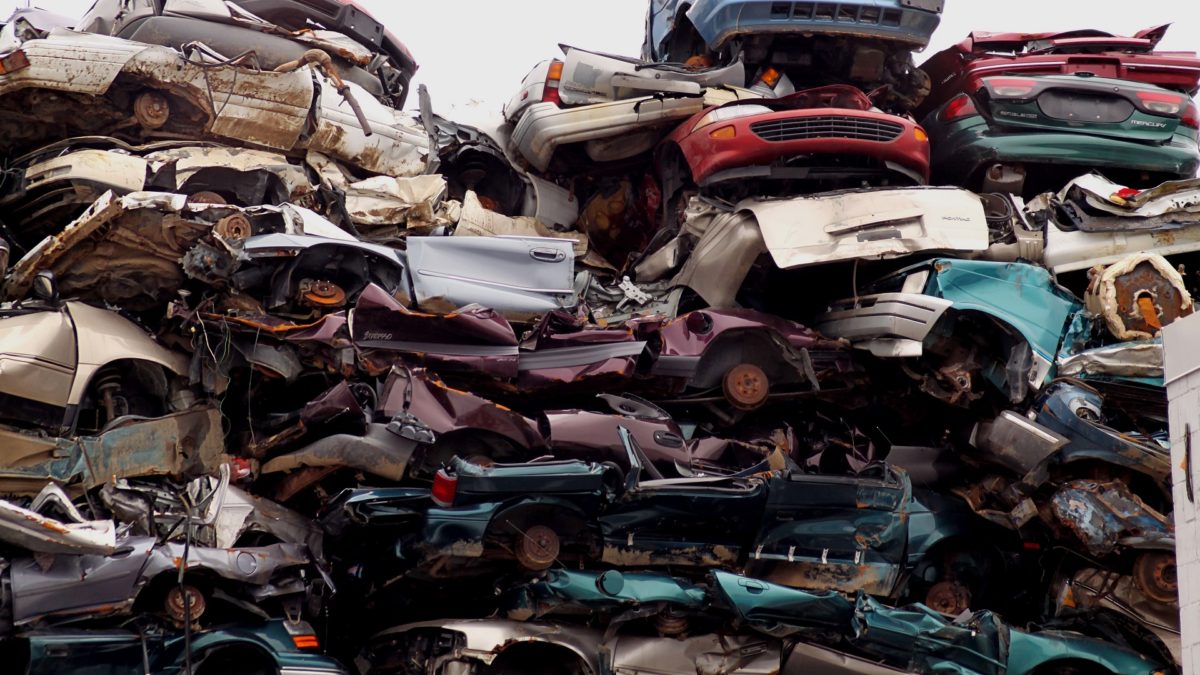Here’s Why Cars With Internal Combustion Engines May Get Price Cuts
It isn’t a secret that the Indian auto industry is in a troubled state. And it has been in one for nearly a year now. To aid its revival, the Finance Ministry of India introduced a number of measures to improve consumer sentiment last month. Now, however, Nitin Gadkari, who represents the Ministry of Road Transport and Highways (MoRTH), has made some promising announcements which could help the industry on its road to revival.
First of all, he reiterated that the banning of conventionally-powered vehicles is something the government is not thinking about. However, he expects the industry to work on cleaner and more locally-sourced types of fuel. Gadkari has based his expectations on alarming levels of air pollution that our metro cities are choking to and the fact that oil imports account for Rs 7 lakh crore.

Secondly, he understands that the mandatory shift to the sale of only BS6 vehicles from the next fiscal can further dampen the industry’s condition. The upgraded vehicles will cost noticeably more than what they do today. To lessen the impact, he has promised to propose a reduction in GST (Goods and Services Tax) applicable on petrol, diesel and CNG vehicles. Cars, for instance, are currently placed in the 28 per cent tax slab and based on their classifications, they all attract an additional cess of up to 22 per cent. Carmakers have been proposing to get the tax slab down to 18 per cent.
Lastly, Gadkari also highlighted that the ministry is under discussions for GST reduction on hybrid vehicles. Strong hybrids, such as the Toyota Camry and the Honda Accord, attract a total tax of 43 per cent. That figure comprises of 28 per cent GST and an additional 15 per cent cess. Even if the GST is slashed, in all probability, it will not come down to 5 per cent where pure-electric vehicles are parked.





